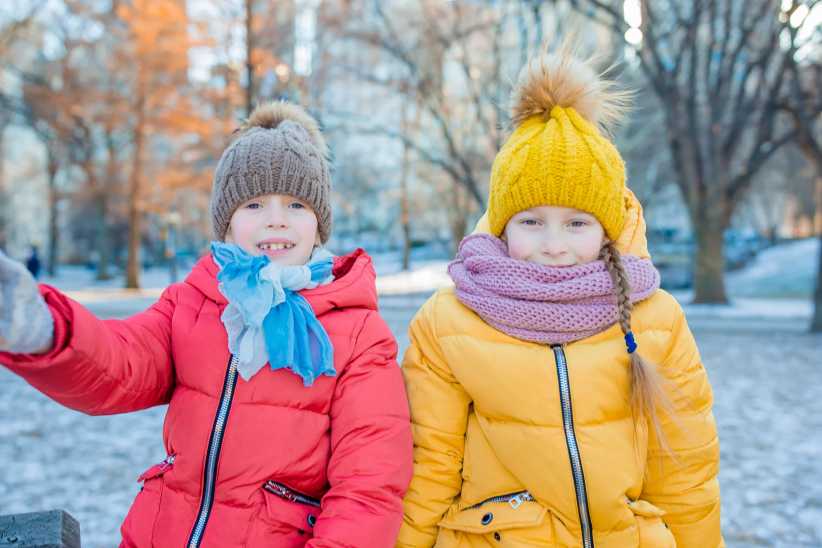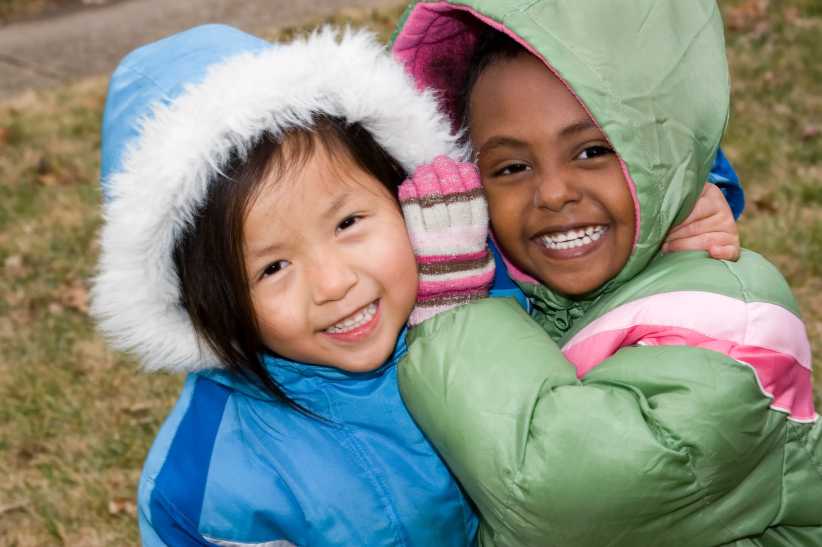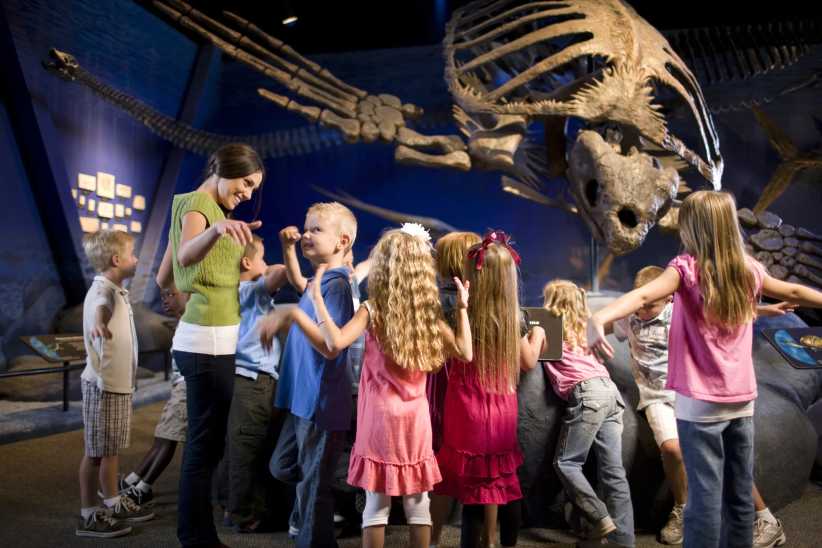Whether ice-skating is an activity you love to do and want your child to learn as well or you just need a way for your energetic youngster to burn off some of that extra energy, ice-skating is a timeless activity for the young and the young at heart, and something kids can enjoy for the rest of their lives. They don’t have to become elite-level skaters—they can learn to skate for the pure enjoyment of the sport.
“You don’t have to know if your child will become a skater or a hockey player. You can enroll your child in a learn-to-skate program as a way for them to learn some skills and gain some confidence. Learning to skate is a great way for young kids to learn something new and feel a sense of accomplishment,” says Ken Congemi, program director at Northwell Health Ice Center in East Meadow, New York.
The physical benefits of learning to skate include:
- Improved coordination
- Learning a sense of body awareness
- Increased athleticism and stamina
The emotional benefits of learning to skate are even more important. Learning new skills translates to improved self confidence and self esteem. “There’s nothing more rewarding for an instructor than to watch a skater, regardless of level, confront an obstacle and then succeed,“ Congemi says. “Watching a beginner hold the wall at first but then progress to gliding and stopping. It’s that finding out that you can do it.” Plus, as young skaters progress, there’s an improvement in concentration and focus, too.
Very young children can give ice-skating a try. Many rinks, including Northwell Health Ice Center, offer classes for young beginners starting at age 2. “Learning the basics is so important,” according to Congemi, “whether kids advance to figure skating, hockey, or they just skate for enjoyment.”
Group ice-skating lessons are a great way to get your child started in the sport. Northwell Health Ice Center offers several introductory skating classes that follow the Learn to Skate USA curriculum.
The Parent & Tot (ages 2–4) Class is a good way to get kids on the ice. This class is a parent participation version of the First Steps class for young beginners. Parents should be sufficiently comfortable on ice skates to be able to assist their child. Children will learn how to “march,” slowly begin to move, and how to fall and get up correctly.
First Steps (ages 2–4) is a class for independent preschool-aged children that focuses on gently acquainting skaters with the ice and developing coordination in a creative and playful environment.
The Snowplow Sam (ages 4–5) levels are introductory classes divided into four progressive levels, allowing children with no prior skating experience to build confidence while learning the basics of skating. First-time skaters will learn basic balance, proper falling and getting up, beginning forward skating, and two-foot glides. The progression through the Snowplow levels will include beginning backward skating, forward and backward swizzles, and snowplow stops.
Enrolling young children in a learn-to-skate class is a great way to get your kids to unplug and get active. Plus, it’s an activity they can enjoy for the rest of their lives.
And for the young at heart—there’s no age limit on learning to skate. Adult learn to skate classes are gaining in popularity, too, according to Congemi.
The most important thing for Congemi and the instructors at Northwell Health Ice Center is that kids learning to skate have a fun first experience on the ice. “The confidence gained from skating is something that will carry throughout whatever they do in the sport, and will positively impact many facets of their life,” he says. “There’s nothing better than when a student can’t wait to come back the following week.”
Winter learn-to-skate classes start on January 5, 2017. Learn more.























